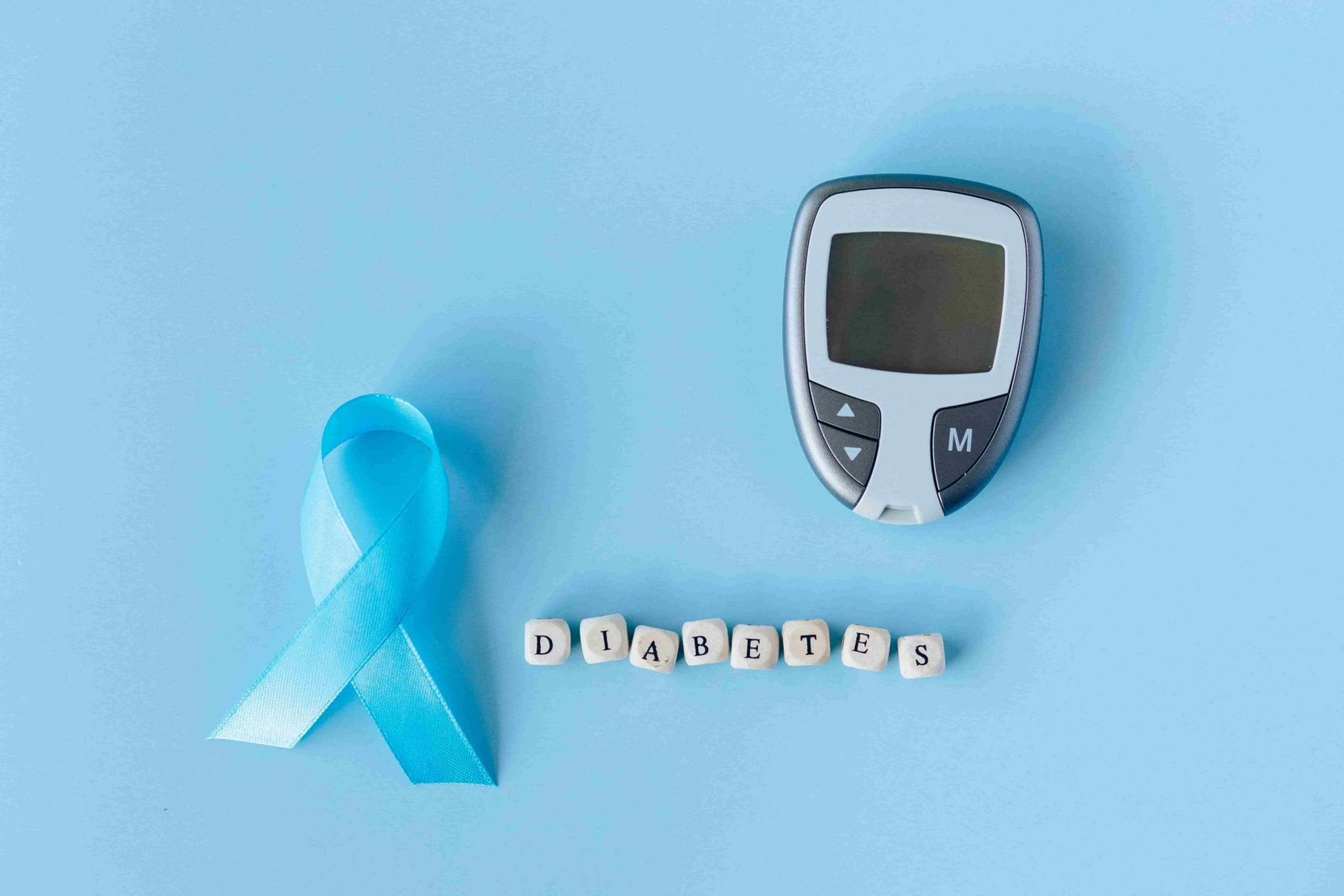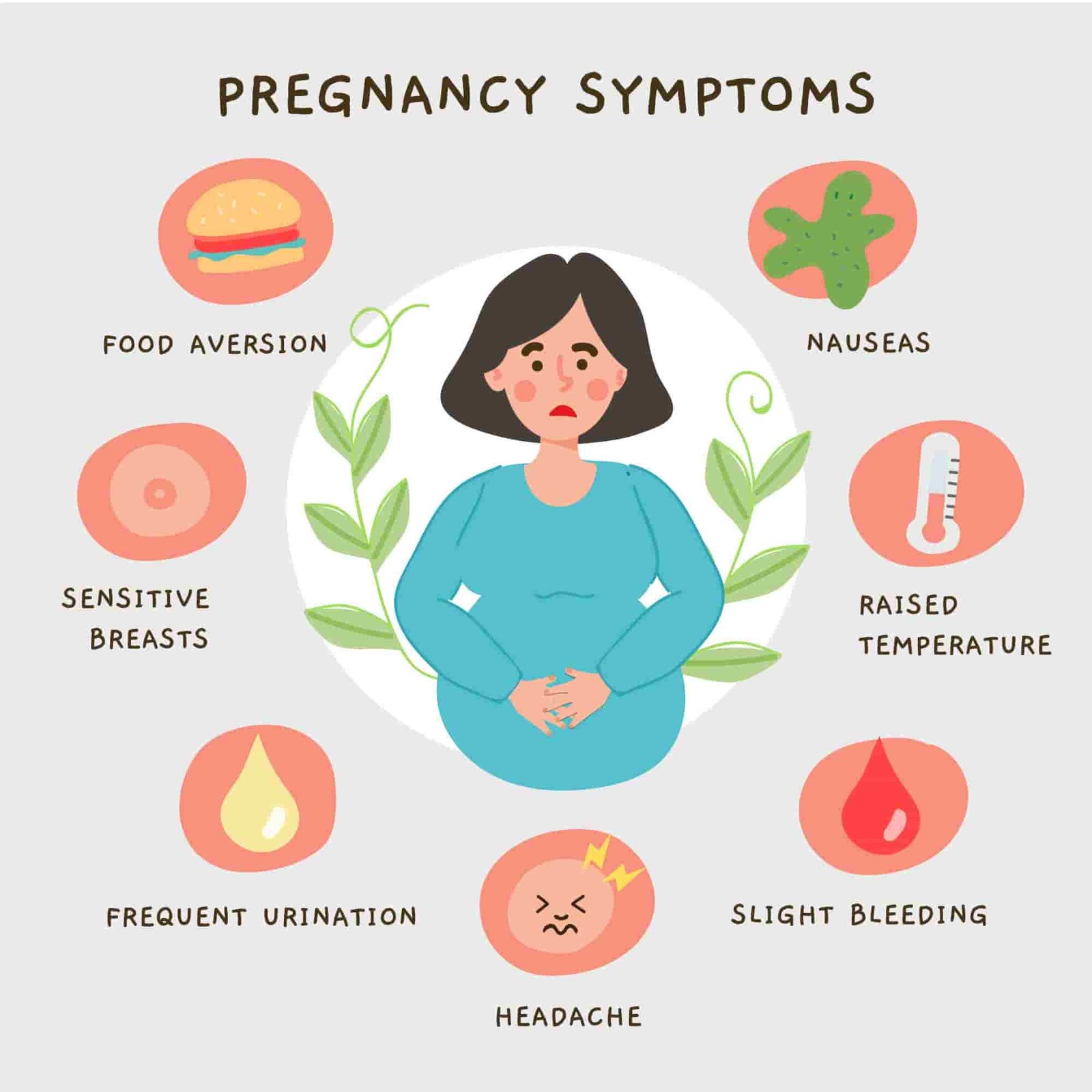Gestational diabetes is a condition that affects pregnant women, causing high blood sugar levels. A well-planned diet is crucial for managing this condition and ensuring a healthy pregnancy. In this article, we’ll explore the gestational diabetes diet, including foods to eat, foods to avoid, and meal planning tips.
Understanding Gestational Diabetes
- What is Gestational Diabetes?
Gestational diabetes occurs when a pregnant woman’s body cannot produce enough insulin to regulate blood sugar levels. This can lead to complications for both the mother and the baby if not managed properly. - Risk Factors and Diagnosis
Risk factors for gestational diabetes include a family history of diabetes, obesity, and a history of gestational diabetes in previous pregnancies. Diagnosis typically occurs through routine blood sugar testing during pregnancy.
The Gestational Diabetes Diet
- The Importance of a Balanced Diet
A balanced diet is essential for managing gestational diabetes and ensuring a healthy pregnancy. This includes consuming a variety of nutrient-dense foods and avoiding foods that can cause blood sugar spikes. - Foods to Eat
Foods to include in a gestational diabetes diet are whole grains, lean proteins, healthy fats, and plenty of fruits and vegetables. These foods provide essential nutrients and help maintain stable blood sugar levels. - Foods to Avoid
Foods to avoid in a gestational diabetes diet include sugary foods, processed carbohydrates, and unhealthy fats. These foods can cause blood sugar spikes and should be limited or avoided.
Meal Planning Tips
- Portion Control
Portion control is crucial for managing blood sugar levels. Pregnant women with gestational diabetes should aim for smaller, more frequent meals throughout the day. - Balancing Carbohydrates, Proteins, and Fats
A balanced diet includes a mix of carbohydrates, proteins, and fats. Pregnant women with gestational diabetes should focus on consuming complex carbohydrates, lean proteins, and healthy fats. - Snacking Smart
Choosing healthy snacks is essential for managing gestational diabetes. Opt for nutrient-dense options like nuts, seeds, and fresh fruits and vegetables.
Exercise and Gestational Diabetes
- The Role of Exercise
Regular exercise can help manage gestational diabetes by improving insulin sensitivity and maintaining stable blood sugar levels. - Safe Exercise Options
Pregnant women with gestational diabetes should consult their healthcare provider for safe exercise options. Walking, swimming, and prenatal yoga are often recommended.
Monitoring Blood Sugar Levels
- The Importance of Monitoring
Regular blood sugar monitoring is essential for managing gestational diabetes and ensuring a healthy pregnancy. - How to Monitor Blood Sugar Levels
Pregnant women with gestational diabetes should work with their healthcare provider to establish a blood sugar monitoring routine and set target blood sugar levels.
In conclusion, Managing gestational diabetes through a well-planned diet, regular exercise, and blood sugar monitoring is crucial for a healthy pregnancy. By following the tips and guidelines outlined in this article, pregnant women with gestational diabetes can take control of their condition and ensure the best possible outcome for themselves and their baby.








